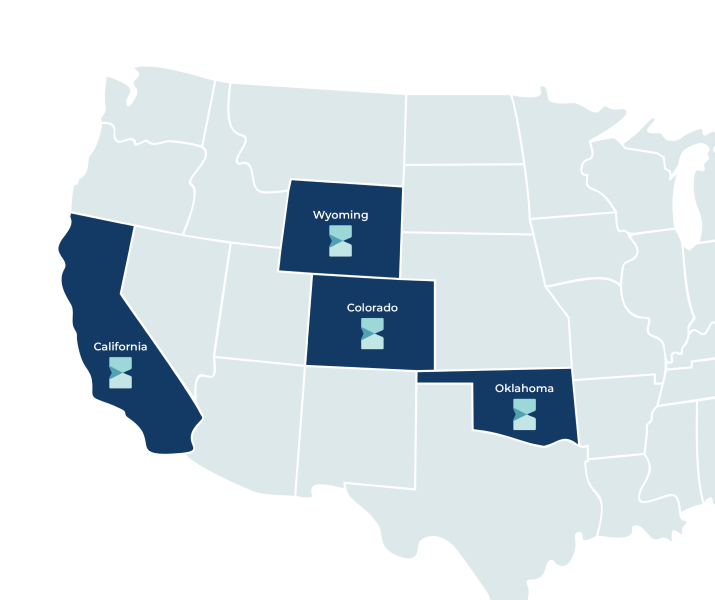
Safe and Effective Ways to Manage Dental Pain During Pregnancy
Pregnancy brings significant changes to a woman’s body—and those changes extend to dental health. It’s not uncommon for pregnant women to experience increased sensitivity, gum inflammation, or dental discomfort. Managing this pain safely is essential for both the mother’s comfort and the baby’s well-being. At Espire Dental, we’re here to guide you through safe, effective options for managing dental pain during pregnancy.
Understanding Dental Pain During Pregnancy
Hormonal shifts during pregnancy can increase your risk for:
- Gum disease and gingivitis
- Tooth decay and enamel erosion
- Bleeding and swollen gums (known as pregnancy gingivitis)
These changes make it especially important to prioritize your dental health during this time.
Consult Your Dentist Early
The first and most important step in managing dental pain during pregnancy is to consult your dentist. Be sure to inform your provider that you’re pregnant before receiving any treatment.
- The second trimester is typically the safest and most comfortable time for dental procedures.
- Routine cleanings and urgent care can generally be done safely with proper precautions.
Dental Care Tips for Pregnant Women
- Practice Good Oral Hygiene: Brush twice daily with fluoride toothpaste and floss every day. These habits can help prevent common issues like cavities and gum infections.
- Maintain a Balanced Diet: Eat nutrient-rich foods high in calcium, vitamin D, and iron. Avoid sugary snacks and acidic drinks, which can erode enamel.
- Schedule Regular Dental Checkups: Don’t skip your dental visits—routine exams help catch issues early and prevent discomfort.
- Inform Your Dentist About Your Pregnancy: Most treatments are safe, but your care team can tailor recommendations specifically for your stage of pregnancy.
Dealing with Dental Pain at Home
If you’re experiencing discomfort between dental visits, try these safe home remedies:
- Saltwater Rinse: Gargle warm salt water to soothe swollen gums and reduce irritation.
- Cold Compress: Apply a cold pack to the outside of your cheek to minimize pain and swelling.
- Pregnancy-Safe Pain Relief: Always check with your doctor before taking any medication. Options like acetaminophen may be approved, but consult your OB-GYN first.
Avoid Certain Medications
Some common pain relievers and antibiotics are not recommended during pregnancy. Always consult your doctor or dentist before using:
- NSAIDs (like ibuprofen)
- Certain anesthetics
- Tetracycline and other specific antibiotics
Why Dental Care Matters During Pregnancy
Your oral health affects your overall health—and your baby’s health, too.
- Infections in the gums or teeth can spread and contribute to pregnancy complications.
- Untreated cavities or gum disease may worsen as pregnancy progresses.
By staying proactive, you help reduce risks and stay comfortable throughout your pregnancy.
Emphasizing Prevention: A Proactive Approach
Preventive care is the most effective way to avoid pain. That includes:
- Brushing and flossing daily
- Using a dentist-approved antimicrobial mouthwash
- Visiting your dentist regularly—even during pregnancy
The Role of Education in Dental Health
Understanding how pregnancy impacts your teeth and gums gives you the tools to take better care of yourself. Many dental clinics, including Espire Dental, offer:
- Prenatal dental health education
- Resources on safe treatments
- One-on-one care plans tailored to expectant mothers
Protect Your Smile and Your Baby’s Health — Schedule a Visit Today
Managing dental pain during pregnancy is possible with the right guidance and care. At Espire Dental, we’re here to help you maintain a healthy, pain-free smile through every trimester.
Book your dental checkup today and enjoy peace of mind with personalized care for you and your growing family.

Stop putting off your smile
Book your visit now—it’s easier than you think
Find your Espire location
